This trend aims to train learners to enhance their general and interdisciplinary knowledge rather than specific specialized training. How will this adjustment affect students' adaptation to work after graduation?

Successful candidates complete admission procedures at Ho Chi Minh City University of Industry. This is one of the schools that reduces specialized knowledge in the training program.
From 2021, universities will revise their training programs in accordance with Circular 17 of the Ministry of Education and Training in 2021 regulating training program standards; developing, evaluating and promulgating training programs for all levels of university education. With this circular, the university training program consists of 120 credits, the specialized training program at level 7 consists of 150 credits (not including physical education and national defense and security education).
SPECIALIZED KNOWLEDGE IS ONLY MORE THAN 10-20%
Accordingly, in addition to specific training majors (doctors, pharmacists, engineers, architects), the remaining university majors are currently at the level of 120 credits. Notably, schools have strongly adjusted the amount of knowledge in the program.
For example, the University of Finance and Marketing is building a university training program with 122 credits (an increase of 2 credits compared to the current program). Of which, the general knowledge volume accounts for 21% (expected to decrease from the current 28% to 21%). The basic knowledge block of the industry is expected to increase by 18 credits compared to the current program (from 24 to 39 credits, depending on the industry). In contrast, the specialized knowledge block is expected to decrease from 24 to 15 credits, accounting for about 12% of the total university training program volume (reduced from the current 20%).
Before making the above adjustment, Associate Professor, Dr. Phan Thi Hang Nga, Head of the Department of Science Management of the University of Finance and Marketing, said that the school had compared with other training institutions in the same field. "With this adjustment, the specialized training knowledge block accounts for 12% of the training program of the University of Finance and Marketing. Meanwhile, the specialized knowledge block at the National Economics University currently accounts for about 14%. Some foreign universities also account for about 14-16% of the total training program duration. Therefore, the school's change is consistent with current domestic and international schools," said Associate Professor Hang Nga.
Explaining this adjustment, Associate Professor Hang Nga said that the school's goal is to increase the amount of interdisciplinary foundational knowledge for students so that they can access many different job positions. "To achieve this goal, students must be fully equipped with interdisciplinary foundational knowledge, helping to promote research thinking and adaptability when the environment changes, regulations change, laws change, technology changes and even many professions also change. If those job positions are lost, students will still be confident to move to another job," Associate Professor Hang Nga added.
INCREASE ADAPTABILITY
Ho Chi Minh City University of Economics is currently building a university training program at 120 credits for bachelor's degrees and 150 credits for engineering degrees. Of which, general knowledge accounts for about 30-40%, basic knowledge accounts for 40-50% and specialized knowledge accounts for about 20% of the total program duration. Associate Professor, Dr. Bui Quang Hung, Vice President of this University, said: "Schools need to update general knowledge and basic knowledge to increase the ability to adapt to the changing working environment in the future". An example given by Associate Professor Hung is that students of all majors at Ho Chi Minh City University of Economics must study 6 compulsory subjects that are closely related to trends and the times: introduction to data science, soft skills, business startups, psychological foundations, design thinking and sustainable development. In contrast to these trending subjects, the school still maintains advanced mathematics in the general program.
Since 2016, Ho Chi Minh City University of Industry has started to reduce specialized knowledge from 17% to 12% of the total training program. Dr. Nguyen Trung Nhan, Head of the school's Training Department, said: "The school's previous view of building the training program was to promote specialized knowledge for learners. But if it is too specialized, the opportunities for learners to access many different job positions will be limited."
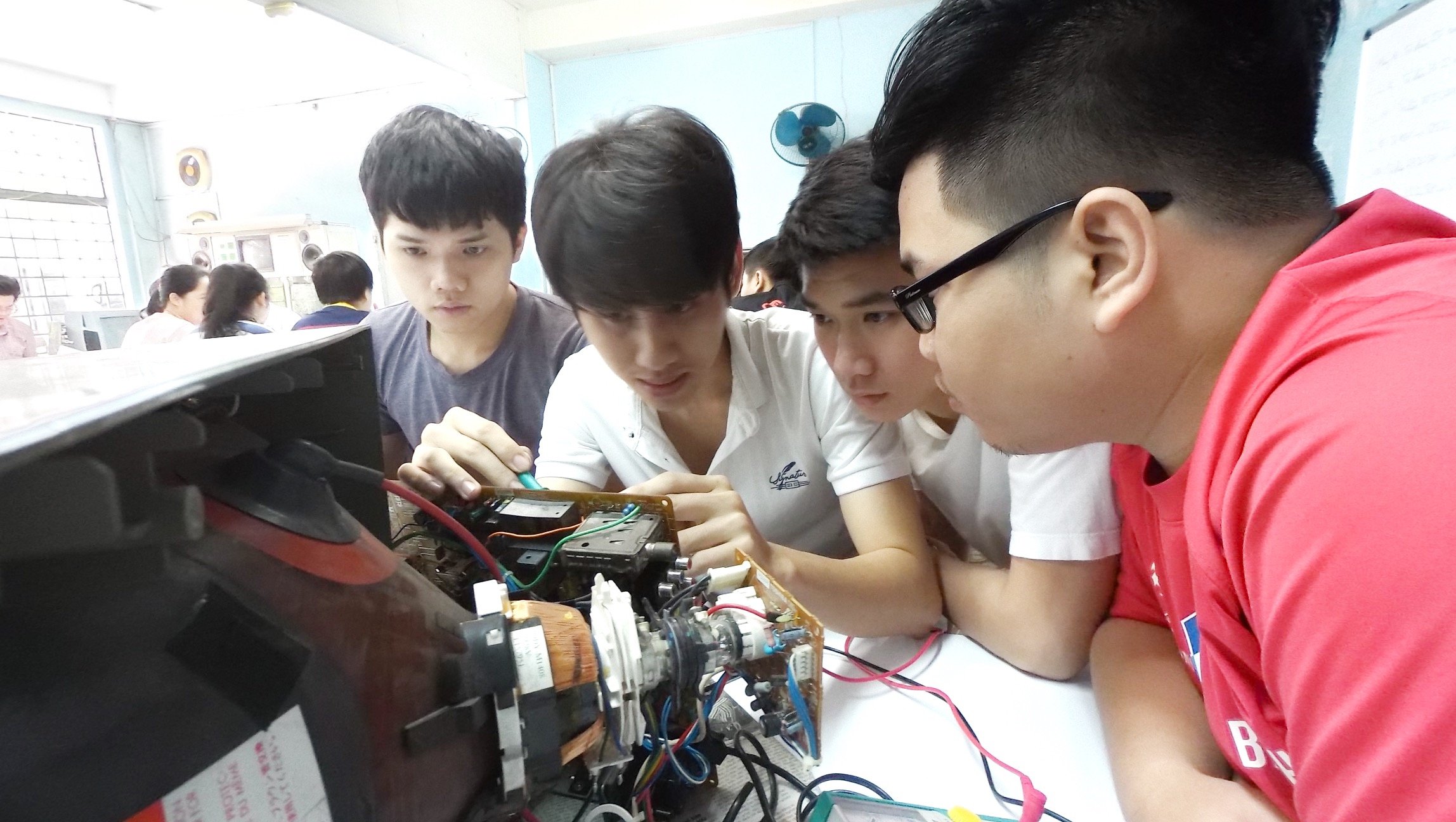
Training programs for specific training majors (doctors, pharmacists, engineers, architects) include 150 credits.
N LESS SPECIALIZED KNOWLEDGE, LIMITED DIVERSE JOB OPPORTUNITIES
According to university representatives, increasing or decreasing specialized knowledge in the program depends on the field and training orientation.
Dr. Vo Thanh Hai, Vice Principal of Duy Tan University, said: "The increase or decrease of specialized knowledge depends on the training program of each school. The important thing in building a training program is to review overlapping knowledge and add the latest knowledge in the profession to the curriculum. At the same time, it is necessary to innovate teaching methods and thoroughly apply information technology in teaching. Only then will learners be able to integrate into work immediately after graduation."
Dr. Nguyen Trung Nhan believes that the construction of a university training program for a major needs to ensure a difference of 30% compared to other majors. This difference can be spread across general and basic majors, but is most obvious in majors. Mr. Nhan believes that except for specific specialized majors, the remaining majors need to maintain an appropriate ratio of majors depending on the training orientation. "If there is too much specialized knowledge, it will not be much different from "vocational training" and learners will have limited job opportunities. Not to mention, in the total program of about 120 credits, if too much is devoted to specialized knowledge, the major foundation will not be enough. But on the contrary, if there is too little specialized knowledge, there will be no necessary difference between majors, and graduates will have difficulty meeting the requirements of specific job positions," Dr. Nhan commented.
Master Pham Thai Son, Director of the Admissions and Communications Center of Ho Chi Minh City University of Industry and Trade, also said that depending on the training orientation, schools need to design appropriate programs. If the university is research-oriented, the knowledge block focuses more on the basic subjects of the industry, while universities that are applied research-oriented focus on specialized subjects. In the direction of applied research with in-depth knowledge, students will adapt to work immediately after graduation. (continued)
Specialized knowledge is important for application-oriented schools.
Meanwhile, many universities are still maintaining a large amount of specialized knowledge at the university level. For example, among the 131 credits of the training program of Ho Chi Minh City University of Culture (excluding national defense and security education), specialized knowledge accounts for the most. Specifically, the amount of specialized knowledge is maintained at 50 credits (over 38%), while general education knowledge accounts for over 31% and basic knowledge accounts for 30.5%.
Sharing about this data, Master Nguyen Thanh Tung, Head of the School's Training Department, said that the school built the training program with careful consultation with education management experts on balancing the proportions between knowledge blocks according to application orientation. "If specialized knowledge is simplified and has little content, when graduates can do anything, but it is difficult to do specialized work," Master Tung analyzed.
Similarly, Ho Chi Minh City University of Industry and Trade currently maintains specialized knowledge at about 40%. The school's training program includes 2 types: 120-credit bachelor's degree and 150-credit engineering. For example, with the economic major, general knowledge accounts for nearly 26.5%; basic knowledge accounts for 31.4%; and majors and majors account for over 40%. But with the engineering major, general knowledge and basic science accounts for 26.8%; basic knowledge accounts for 24.2%; bachelor's degree phase 1 accounts for 30.4%; specialized specialized phase 2 (engineering degree) accounts for 18.6%. Sharing the viewpoint of focusing on specialized knowledge, Master Pham Thai Son, Director of the school's Admissions and Communications Center, said: "Specialized knowledge is important for students when they go to work, especially with the applied training orientation".
Source: https://thanhnien.vn/truong-dh-giam-dao-tao-chuyen-sau-de-sinh-vien-de-tim-viec-185240521192600071.htm











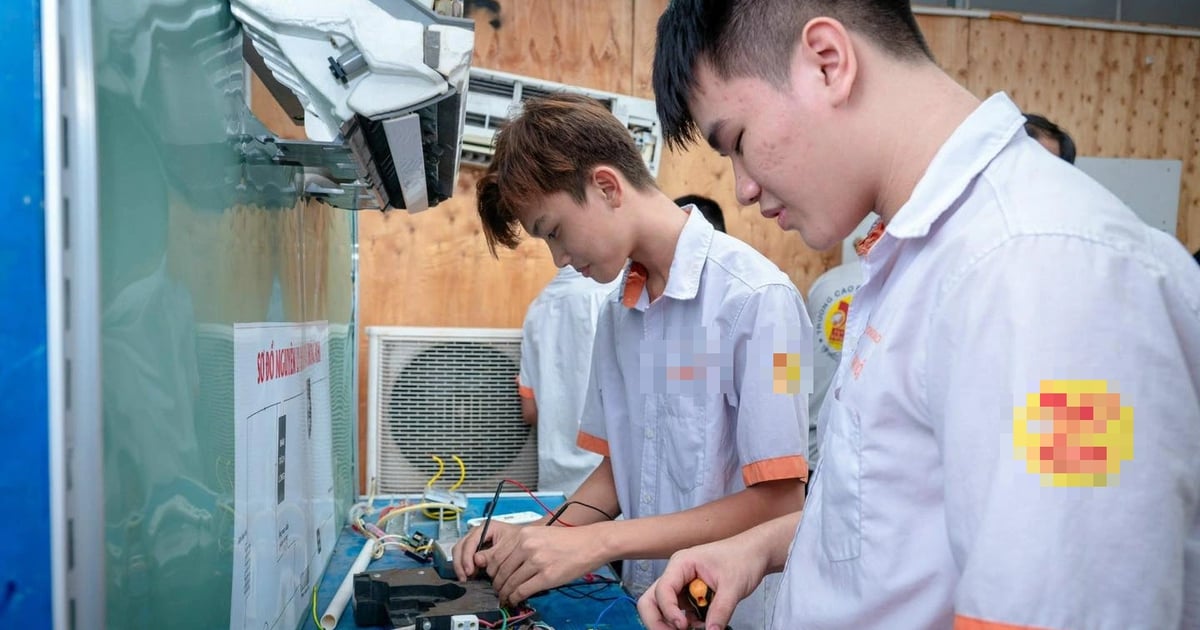




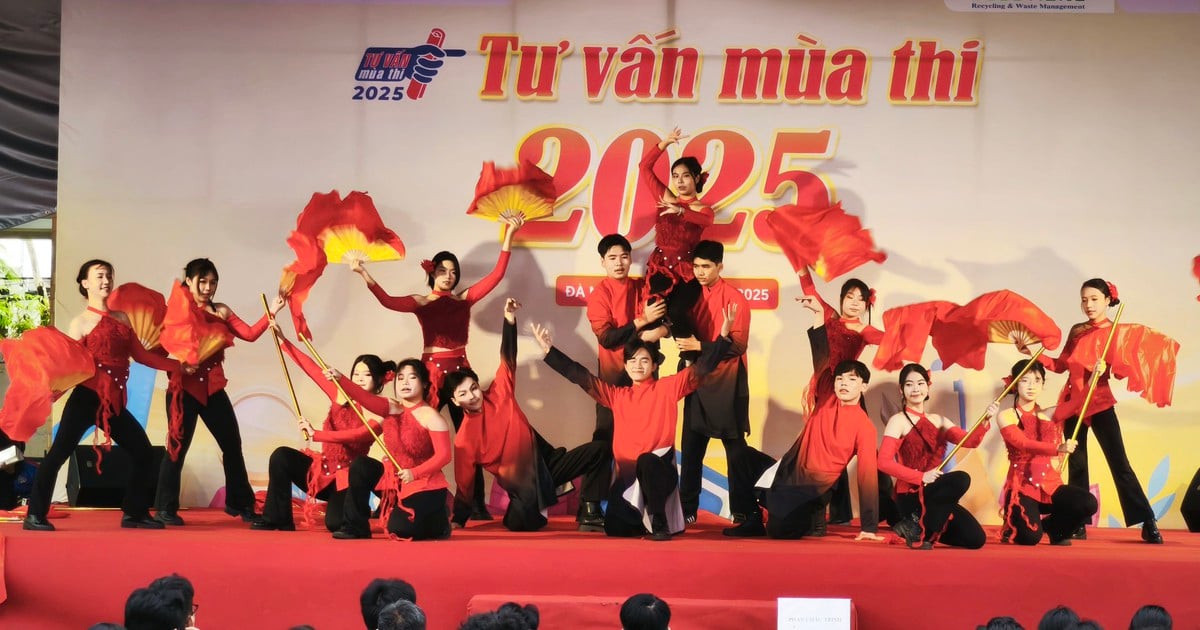









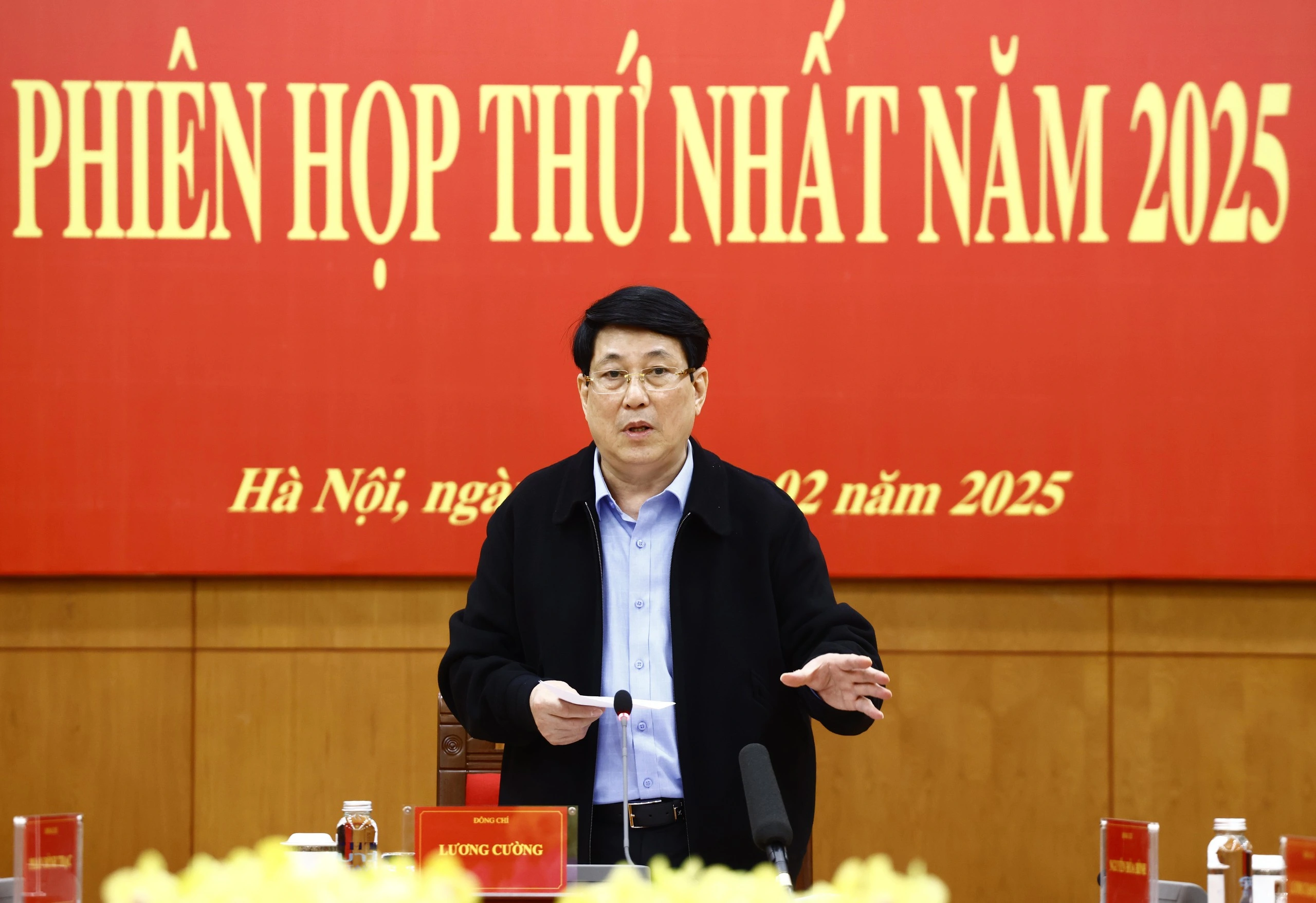










![[Photo] Prime Minister Pham Minh Chinh chairs Government Conference with localities on economic growth](https://vstatic.vietnam.vn/vietnam/resource/IMAGE/2025/2/21/f34583484f2643a2a2b72168a0d64baa)





























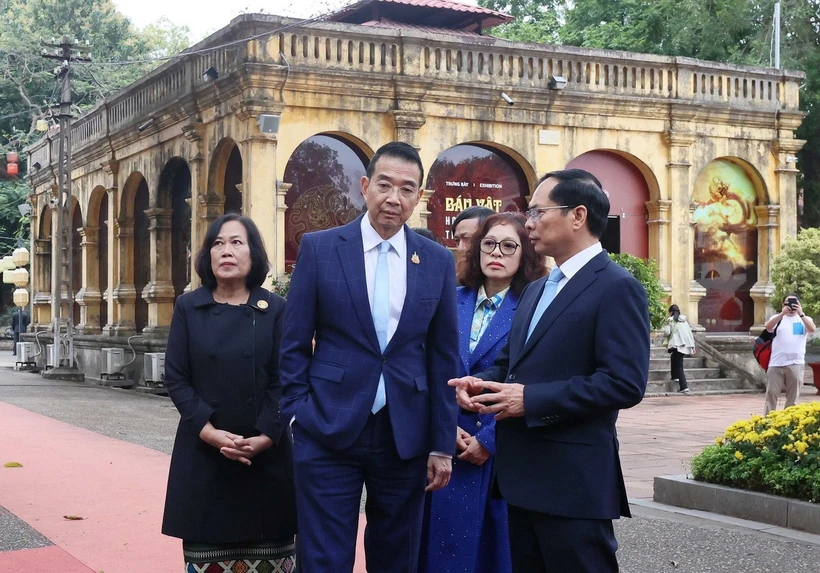























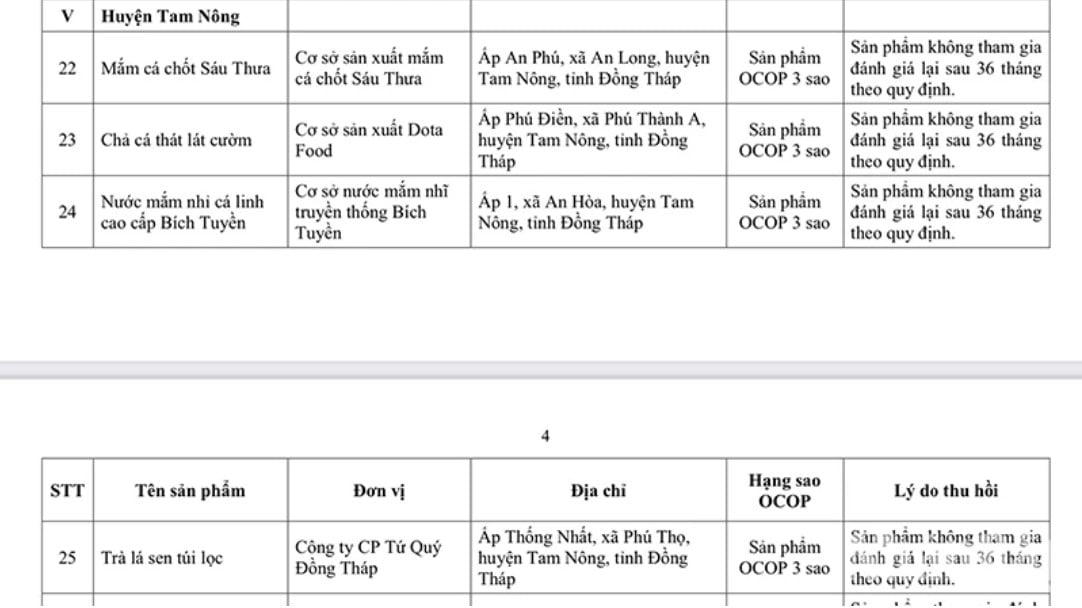


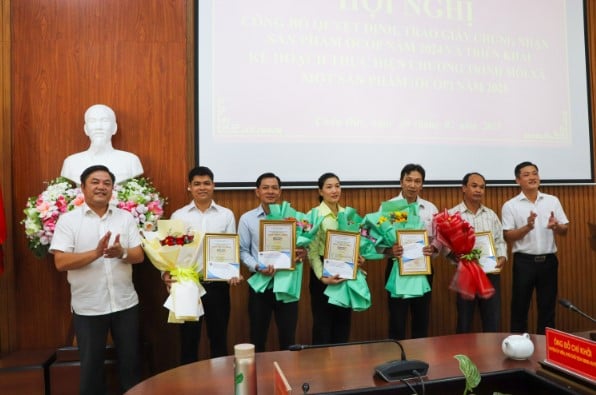

Comment (0)